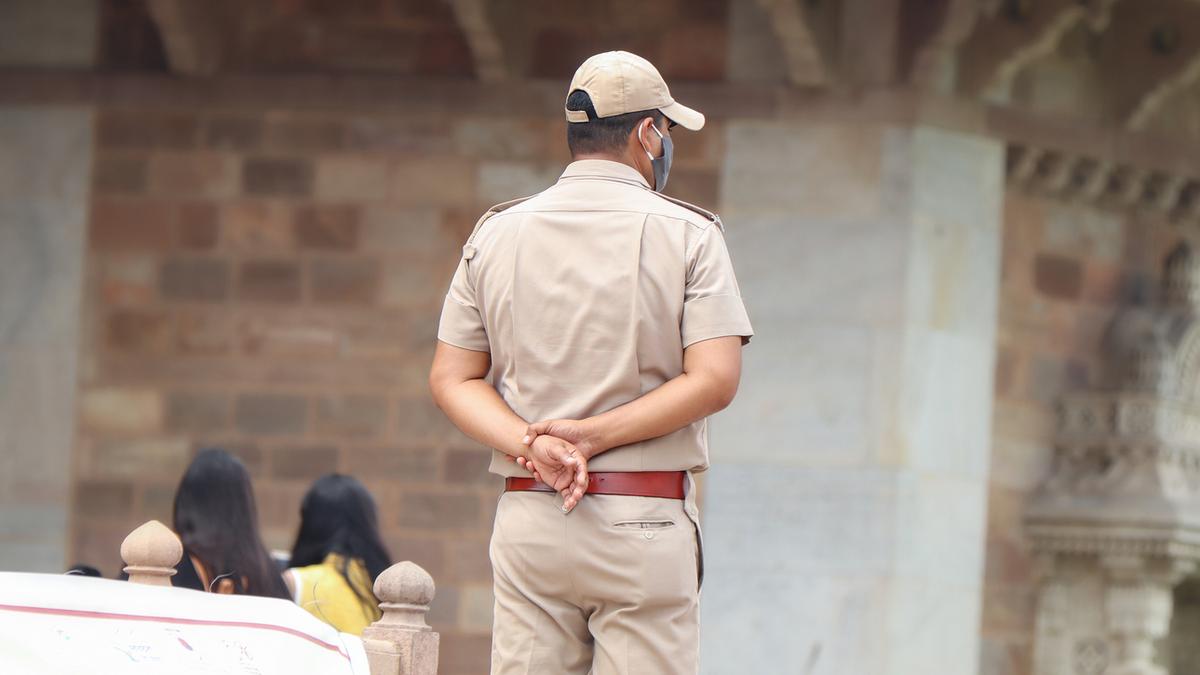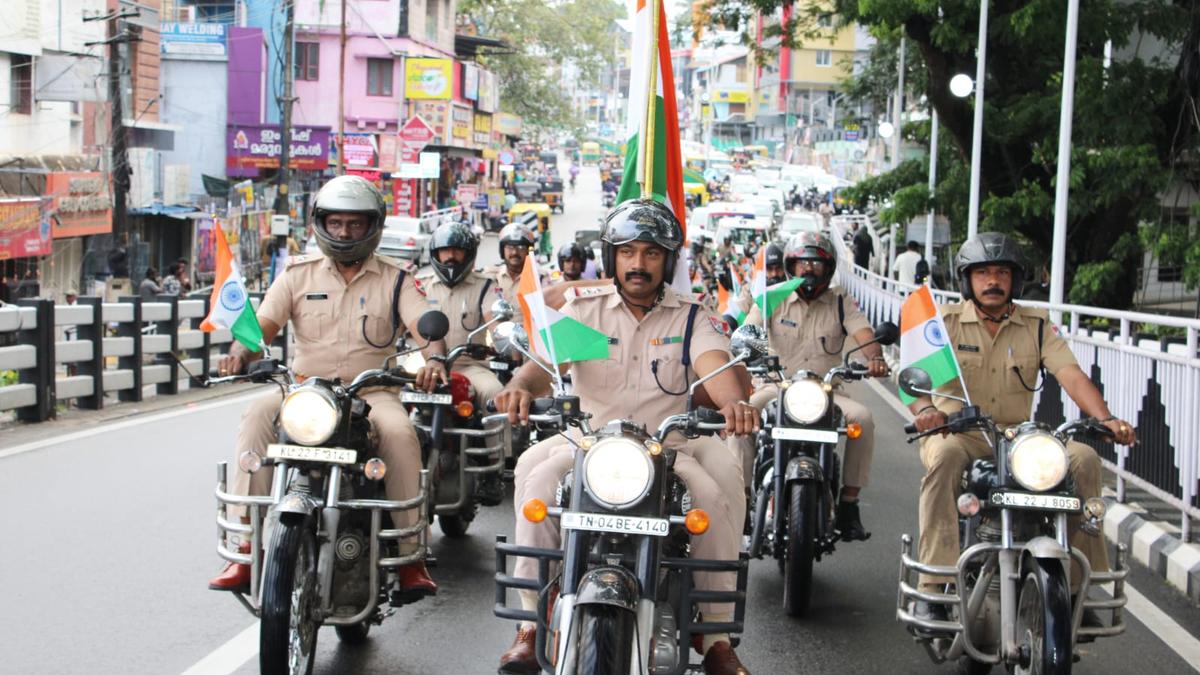Quick, without thinking too much, name the one villain in your life that’s also a villain in every Indian’s life, whether they acknowledge it or not. That’s right, it’s the patriarchy. Easy answer — but try framing it in a crime novel and it’s likely even the sharpest mind will stumble. After all, how do you state afresh what everyone already knows?
That’s where author Saharu Nusaiba Kannanari’s genius lies: in laser-eyeing through all the hypocrisies of Indian society and arriving at the nub of the pain. The title of his new novel, The Menon Investigation, might seem specific, but it is a “multi” entendre, a reference to the lead policeman handling a cold case, a deep-dive into his psyche, and into the society that created him. The result is an unsettling novel that pushes the boundaries of genre fiction while still being respectful of fan sensitivities.
Cold cases have long been a favourite of crime writers for the page and for the screen. For one, it allows investigators — and, consequently, fiction-writers — to take out the drudgery of police work and focus on the cerebral. That is how we first encounter IG Vijay Menon, as he ruminates over the case while waiting for his little blue pill to take effect for his patient wife, the forensic surgeon Padmini Menon.
Eight years ago, a senior policeman by the name of Kannan Moses was shot, stabbed and burnt to death on a beach near Kozhikode. The initial probe went nowhere. Now Menon has been entrusted the responsibility for closure — but he knows it does not come without strings attached.
“He knew that investigating the investigation was an arduous task… You end up either investigating the previous investigators, or proving them incompetent by solving the case, or climaxing in front of a door you cannot dare to knock on. The end result is always bitterness or humiliation.”
Shot at society
How Menon traverses this tricky road — while simultaneously dealing with a related crisis on the home front — comprises the bulk of the novel. But Kannanari splits the focus with one of the perpetrating criminals and, in doing so, gently pushes us to consider them both — as well as the murdered Moses — as victims of a merciless, caste-ridden patriarchy.
To position male protagonists in such a light is not an easy task, but the author’s intimate knowledge of Kerala — and larger Indian society — informs these passages with a bitter cynicism that all readers must admit to be true and justified.
To learn about a people, read their crime fiction, a wise person once said. The Menon Investigation validates the observation through and through. If I have one quibble (okay, two), it is the Tharoorism — for want of a better term — that afflicts the author. He displays a special fondness for random big words (I was undone by ‘snollygosters’ and ‘rufous mumu’ and ‘biweekly titivation’, meaning grooming), which do not showcase erudition as much as an acquaintance with the thesaurus.
The second quibble is about the woeful under-use of Padmini Menon — but one can hope she will get more play in further instalments of the life of Vijay Menon. That is, if the outcome of this case has not shot, stabbed and burnt his career already.
The reviewer is a Bengaluru-based writer and editor.
The Menon Investigation
Saharu Nusaiba Kannanari
Penguin/Viking
₹599
Published – October 17, 2025 06:05 am IST





